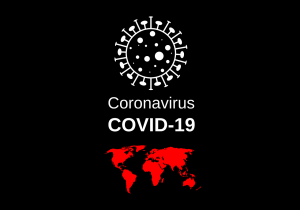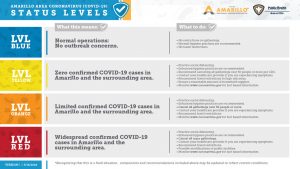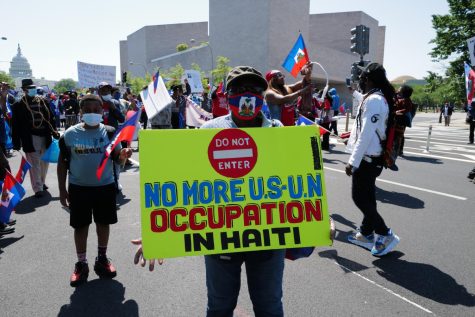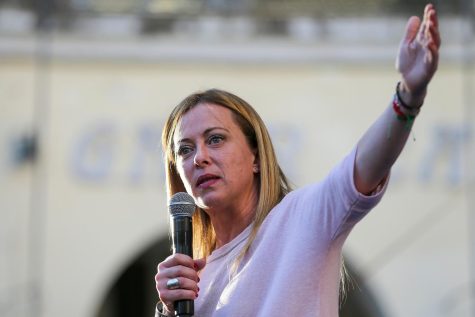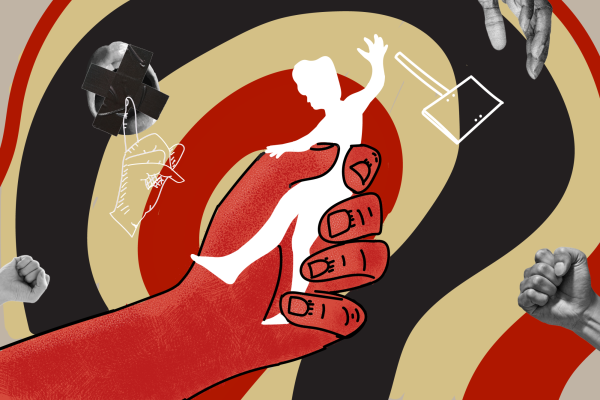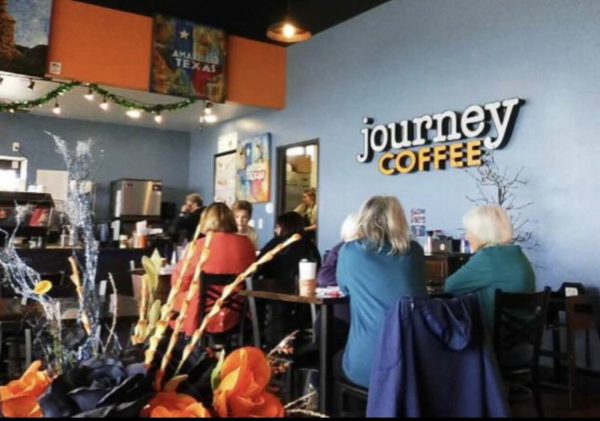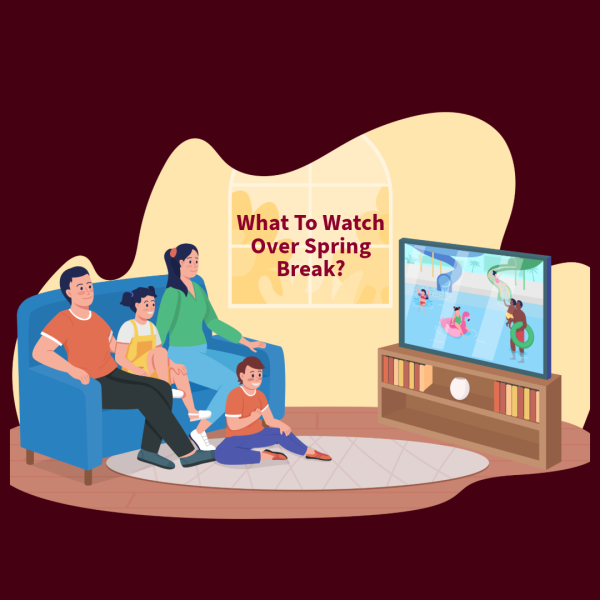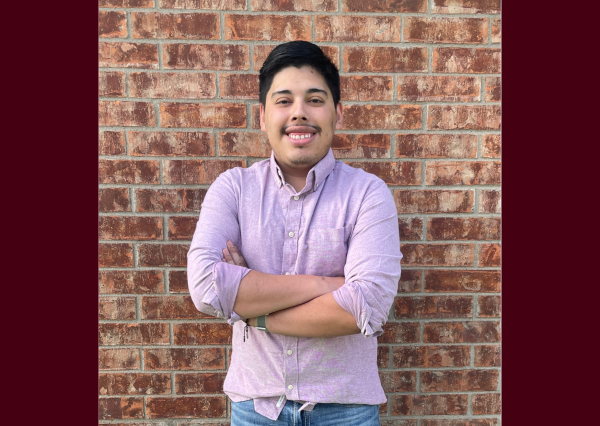Taking a mental health break in the apocalypse
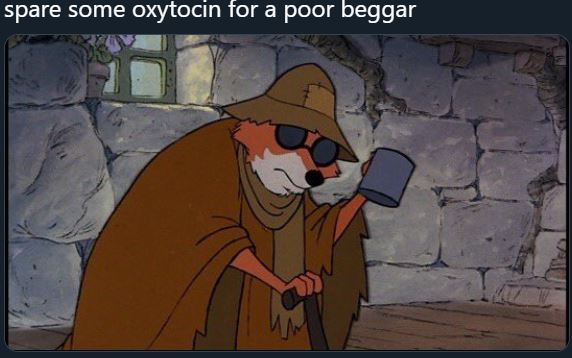
Olivia Spiezio, Twitter
We are all desperate for some feel-good hormones in this time.
I won’t be the first to admit that this is stressful. Every time we check social media, turn on the TV, and even listen to our favorite podcasts, we are inundated with statistics about the latest infections, death tolls, reinfections, second waves, quarantine stories and posts about family or loved ones being hospitalized or dying.
This is hard. This sucks.
Humans are primates; we evolved specifically to be social animals. Our psychology, physiology, and overall body chemistry rely on interaction with other humans, on handshakes and hugging and laughter and companionship. So when we’re forced to socially isolate for the health and wellbeing of the entire human race, it can be easy to lean a little more heavily on social media to replicate those interactions that we are starving for. But while websites like Facebook, Instagram and Twitter can give us that hit of the much-needed cocktail of serotonin, dopamine and just a sprinkle of oxytocin to make us feel a little better in these horrifying times, it can be a little harder to stay connected and positive thanks to social media algorithms.
The algorithms on all of our favorite websites push posts with the most interaction towards the top of our feeds. This is common knowledge in 2020. The downside of the algorithms is that the posts that have the most interaction are more often than not about how miserable everything in the world is right now. If it’s not a post about the coronavirus, then it’s about an earthquake, or a fire, or a shooting, or a car accident, or any number of tragedies that occur normally in the world and don’t stop just for a global pandemic.
It’s too much.
It would be ignorant to suggest that anybody can blind themselves entirely to tragedy and misfortune in the world. As an EMT, I am well aware of this. At 18 years old, I went to school specifically to deal with the worst things that a human can experience, including a sick newborn, an overdosing parent and a fiancé who died in a violent motorcycle accident. I am no stranger to the scary parts of life, and I understand more than most my age how selfish it is to try to pretend that these things don’t just happen every single day.
Taking the tragedies of daily life in stride is one thing; combining them with a global pandemic, the likes of which have not been seen in generations, takes it to another level, one that quickly approaches flat out unmanageable.
I learned how to cut people out of cars, to bring people back from the brink of death, to fight fire, but nowhere in my education was anything about how I’m supposed to deal with an apocalyptic viral infection that has reached over 1 million people, some of them family and friends that I am entirely helpless to save. There’s nothing I can do to help them, and as a high risk individual myself, I am already on high alert all the time to physically protect myself.
So what else can I do but bury my head in a hole and wait for this to be done? My anxiety is through the roof and the only thing keeping me from not being incredibly depressed is my two roommates and our house full of animals. I can’t go to therapy, I can’t go out and see friends, I can’t do the things that I used to do for recreation, and social media does nothing but spotlight how terrible this whole situation is and make me feel worse.
The only thing I can do for my mental health right now is get off of Facebook, Twitter, and Instagram. I deleted all of the apps on my phone, and logged out of my accounts on my laptop, creating a barrier just inconvenient enough for me to not log on for a while.
After just a few days of being removed from the 24 hour news cycle and reminders of how messed up the world is right now, I have read a few books, embroidered, knitted, snuggled my cats, binged “Tiger King” and gotten caught up on homework. And as selfish or cowardly as you may think it is to avoid the negative parts of the world right now, I can safely and honestly say that, for the first time in a long time, I feel okay.



